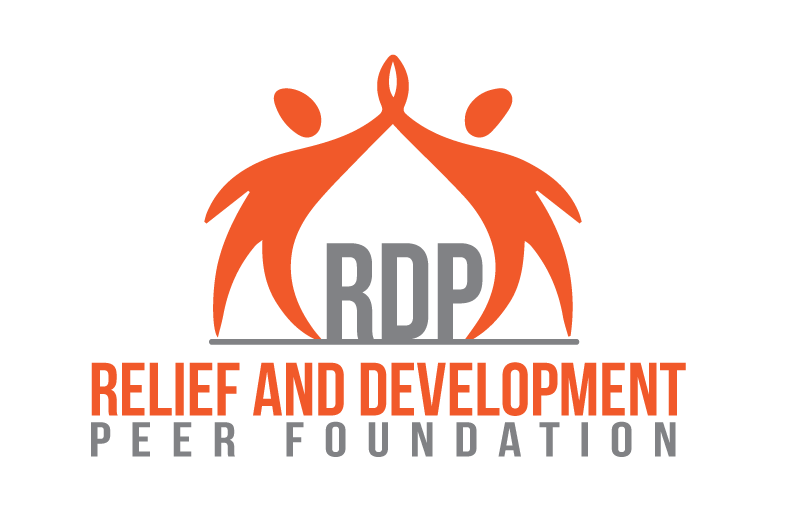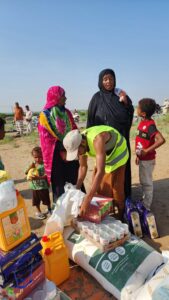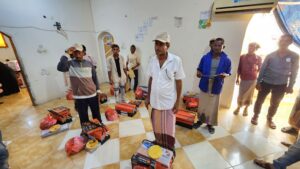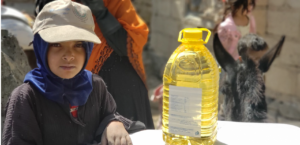How RDP Responds to the Affected Displaced Families
How scary it is to be living near a military camp in a war-torn country. A family of six members had a small house next to a military camp in Abs district of Al-Hudaydah governorate. In March, 2015, the husband was working on the street, selling ice cream to school children. The earning he used to get was inadequate to meet the basic needs of his wife and four children, but it was the only thing he could do. Later on that day, this poor man heard a strange sound coming from the sky at a speed of light. That sound was of an airstrike bombing the military camp to make such an unimaginable tragedy for community residents, including this man’s family.
The man immediately rushed into the house to check out his family, but he sadly arrived and found no one inside. The explosion had made major damages to his house, and that was the moment when he decided to displace with his family to a safer place. Mohammed Ali Yahya is living now under the poverty line with his wife and four children in Rada’a district of Al-Bayda governorate. His wife, Warda, started looking for a small house with a cheap rent. There was an empty store in the suburbs of the city which Warda found cheap even though it has no bathroom nor kitchen. Two years later, Mohammed sadly suffered from a mental illness due to the difficult living conditions for displaced families. Warda then took greater responsibility and started to live on charity from neighbors to feed her children.

Therefore, RDP, in partnership with Hoffnungszeichen, works together to reduce the colossal food security crisis among areas where most affected IDPs and marginalized are settled. Warda’s family and 90 others were benefitted from unconditional cash transfer assistance which contributed greatly to increasing access to daily sustenance for two rounds, and also from the In-Kind food assistance which aimed to provide vulnerable households with sufficient access to food baskets for two consecutive rounds starting from November, 2020. The project targeted 120 HHs of 776 individuals disaggregated as (144 men, 142 women, 241 boys, 249 girls) of IDPs and most vulnerable marginalized in Rada’a district of Al-Bayda governorate.
Besides, Warda has received vocational training in sewing that would ensure the sustainability & accessibility of food security. After the training, Warda was provided with a sewing machine which will serve as an income-generating asset and a mini-project, investing in the skills she gained during the training course.



